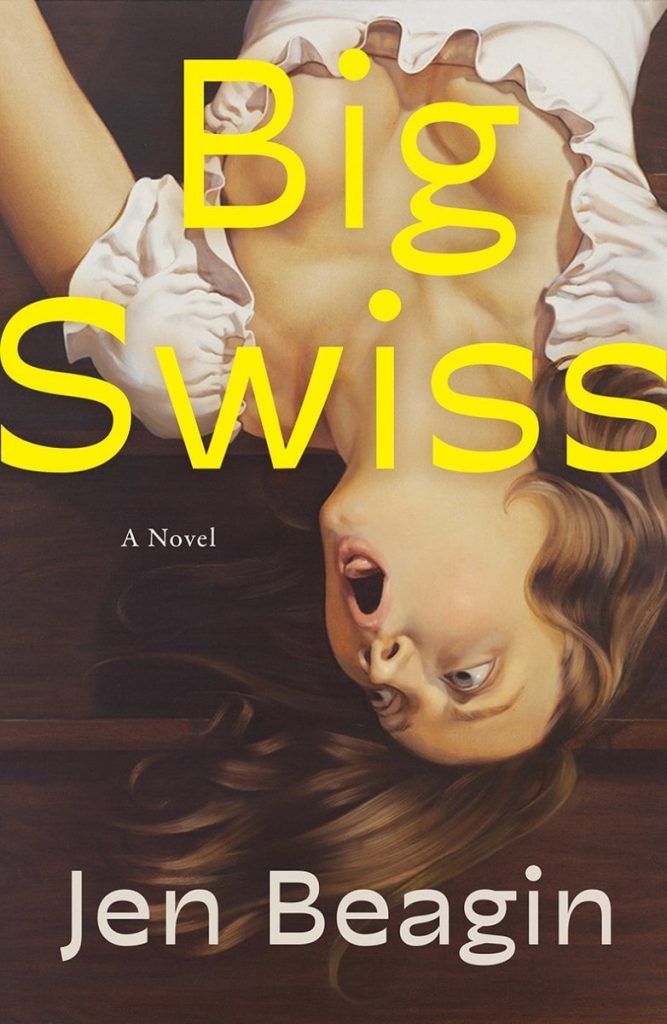Here we go, Gun Island is one of those truly engaging reads that you can really get lost in—it’s not every day you come across a book like this. Though Amitav Ghosh’s style feels a bit reserved and occasionally odd, as if he’s only 99% comfortable with the language he’s using, the interwoven stories soon become captivating. Whenever a new character appears, you can bet the plot will immediately take a turn and wander off. Yet these digressions aren’t true detours, because sooner or later, it becomes clear that everything is connected.
The mysterious and the everyday India
Deen Datta, a New York-based bookseller, stumbles upon an Indian legend. Deen is an unlikely protagonist (okay, not quite as much as the charming Alvina in Mad by Chloé Esposito), and sometimes you’d just love to give him a smack, he’s that hopeless. It’s a peculiar authorial choice to place such an inept character at the center of events. But, to Deen’s credit, he’s a lovable loser.
And just like Deen, the reader gets swept up in the events. The story begins in India, a land of exotic appeal—though here it mostly shows its everyday face, where profound poverty meets modernity (even the poorest souls seem to have a cell phone). Human trafficking and mass migration are as much a part of daily life as the centuries-old legends, not to mention the rampant environmental pollution.
A Thoroughly Cultural-Historical Investigation
The story of Gun Island is complex, and the Ghosh’s thoroughness is impressive across all themes he touches. It’s a curious feeling (at least for us here*) to read about love for language and homeland in a way that’s jingoistic but rather like the simple, joyful thrill of meeting a fellow countryman abroad, who, incidentally, speaks to you in the dialect your grandmother used half a century ago.
The author is just as well-versed in global warming as he is in Venice’s distant past, where our hero finally winds up in his journey across cultures—a journey that’s at times heartwarming, other times eerie.
(It’s a fascinating coincidence that, two books ago, in an entirely different genre [see Donna Leon’s Earthly Remains], the same problems came up in this identical setting.) Venice was built on wooden foundations, and believe it or not, these are now being devoured by shipworms that have appeared due to global warming. So, if you’ve yet to visit the Queen of the Seas, which is slowly sinking into herself, it’s time to hurry.
The essence of the book:
We live in a new world. No one knows where they belong anymore—neither people nor animals.
The Gunpowder Runs Out by the End
The lines of Gun Island and the fate of its characters mirror each other; the trader fleeing from the wrath of Manasa Devi, the goddess of snakes, and the Indian migrants setting out in hope of a better life share numerous parallels. However, as the story unfolds, the legend’s unraveling is increasingly overshadowed by the issue of migration, depicted with Ghosh’s empathetic understanding. (It’s worth noting that Ghosh also presents a fact-based background, tracing these events back to the colonial era.) This is Gun Island’s alpha and omega, where everything leads. But—regardless of your stance on mass migration—this is also where the book begins to lose steam.
By the end, you’ve learned all there is to know about the gun merchant, and the remaining afterthoughts simply lack impact. Deen’s romantic developments feel forced, Cinta’s fate is storybook-like, and the ultimate “grand miracle” is simply dull, despite the author’s intent to make it universally significant. But that’s only the last 50 pages; until then, everything is pretty much on point.
Rating: 7.8/10
Gun Island by Amitav Ghosh
288 pages, Hardcover
Published in 2019 by Hamish Hamilton
—
You may also be interested in:
The Year of the Runaways by Sunjeev Sahota









